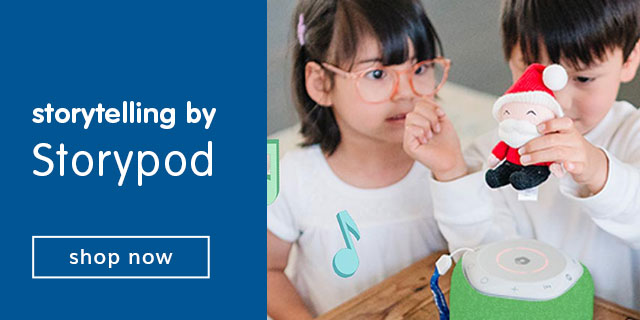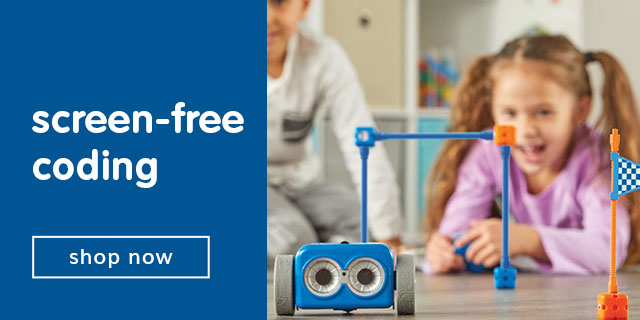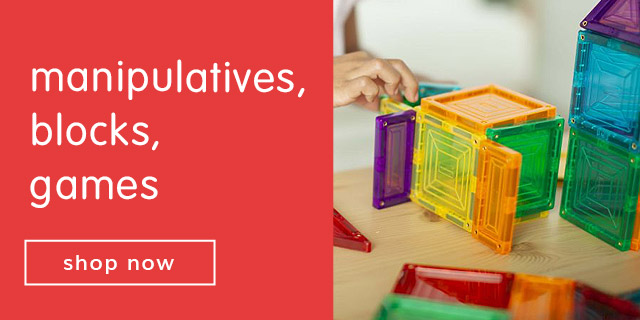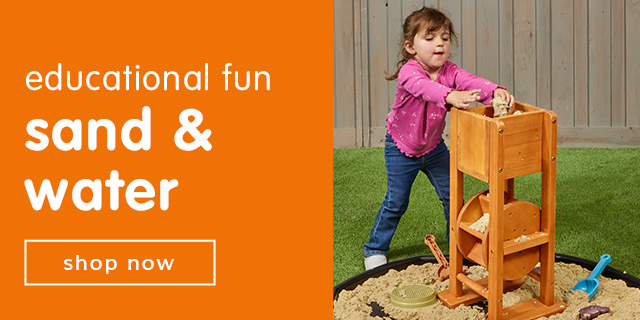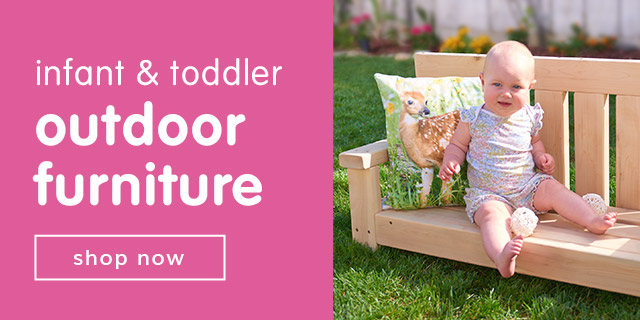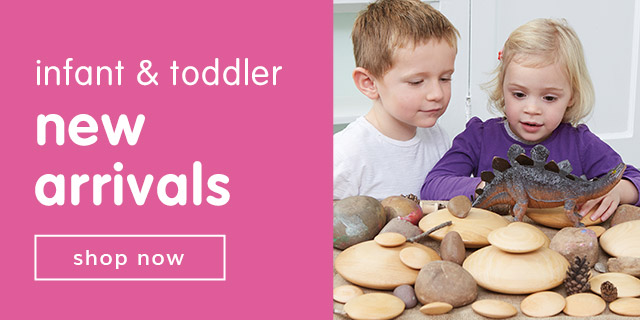
Menu
- Home
- Teacher's Blog - 10 Tips for Beginning Child Care Providers
teacher's blog informative insights by leading educators
teacher's blog
informative insights by leading educators
informative insights by leading educators
- Home
- Teacher's Blog - 10 Tips for Beginning Child Care Providers
Menu
featured articles
How Do I Boost My Child's Self-Esteem? Tips for Teaching Children Self-Regulationprevious articles
Reclaiming Routine At Home Think Kindness Teaching Healthy Food Habits with Edible Gardens 4 Back to School Must Haves for Your Preschool Classroom Cooking Up Fun in the Mud Kitchen Best Gifts for Infants Toddlers and Preschoolers Finding the Interests of the Struggling Reader Connecting Children to Their Cultures and Communities 10 Tips for Beginning Child Care Providers Preparing the Classroom for Kids with Food Allergies The Paraprofessional in SPED Classrooms Make Color Spray Murals This Spring!
10 Tips for Beginning Child Care Providers
By Carolyn Ross Tomlin
 Early childhood programs and schools are part of a community. Carolyn Ross Tomlin is a former assistant professor of early childhood education at Union University. Check out this simple list of tips for the beginning child care provider to keep in mind.
Early childhood programs and schools are part of a community. Carolyn Ross Tomlin is a former assistant professor of early childhood education at Union University. Check out this simple list of tips for the beginning child care provider to keep in mind.1. Learn from others. Listen to more experienced mentors. Observe how they handle disruptive situations. Watch how they diffuse a tense situation.
2. Expect great things to happen. Be excited about your work each day. A child’s first teacher is often the one he or she remembers the most. You could be that person in the lives of the children you teach.
3. Learn to be flexible. Although young children need a consistent schedule, allow for the unexpected. What if snow starts falling? Or a bulldozer is working nearby? Or a helicopter hovers overhead? Make use of these teachable moments.
4. Leave personal problems at home.Begin each day with a warm, friendly greeting for each child who enters your program. Tuck personal problems away until later. A smile reassures parents that you will care for their child until they return.
5. Maintain a clean, safe environment. Is your program one in which you would want your own child to spend the day? Look around. Make a list of potential hazards. Prevention could keep an accident from happening.
6. Respect individual differences in each child. Realize that each child has a different learning style. Some children learn the best in a visual mode, such as watching a demonstration. Others learn in an auditory mode, such as listening to instruction. Still, others learn best in a kinesthetic style which includes using the hands to feel, touch, and explore. Research shows that teachers usually teach in the mode in which they learn best. Evaluate each child and find his or her best learning style.
7. Develop a primary bonding process. David P. Weikart, President and Founder of the High/Scope Educational Research Foundation recommends bonding with the children in your care. Some of your children may be from homeless shelters or dysfunctional families. They may exhibit aggressive behavior, signs of withdrawal, or disruptive conduct. Realize that a structured environment, consistent daily routine, and shared control between adult and child are critical to the distressed child to take ownership of their learning.
8. Never stop learning. Keep an open mind. Read recent reports on childcare. Visit other programs to discover techniques you could incorporate. Check for personal development classes for infants, toddlers, and preschoolers in your area. Consider finishing a degree or take refresher courses at a local college.
9. Attend professional meetings. Being an active member of a professional organization provides you with a network of like-minded individuals. Working alone, you cannot make many changes. But collectively, your voice can make a difference. You’ll become familiar with laws that affect your programs and standards, with developmentally appropriate curriculum, with suggestions for keeping records, plus numerous other items vital to the success of a child care program.
10. Establish a trusting relationship with partners. Choosing the right child care program is of vital importance to parents. What are people saying about your program throughout your community? Is your staff one that welcomes parents? Are children excited about coming each morning? Do parents feel their child is in a safe environment? Think about these questions and list ways you can improve.

Carolyn Ross Tomlin
featured articles
One of the greatest gifts you can give a child is a positive self-esteem. Building this takes time and practice. Your help and encouragement can help your child be better prepared for life outside the home, whether that is at school, or in public.
read more
Your child's self-regulation is their ability to control their emotions and responses to outside influences or occurrences. This self-regulation is vitally important for them to be functioning members of society.
read more





